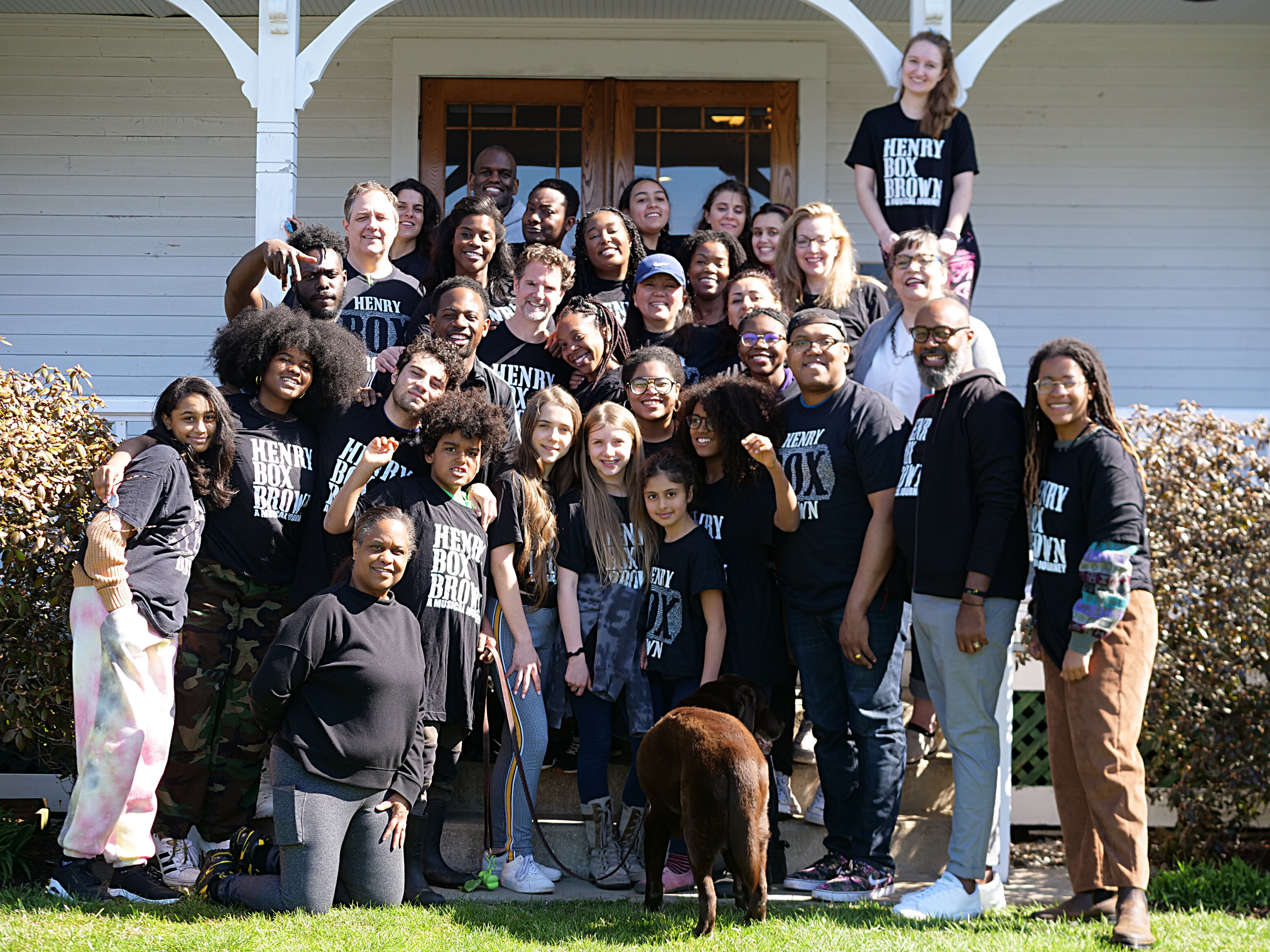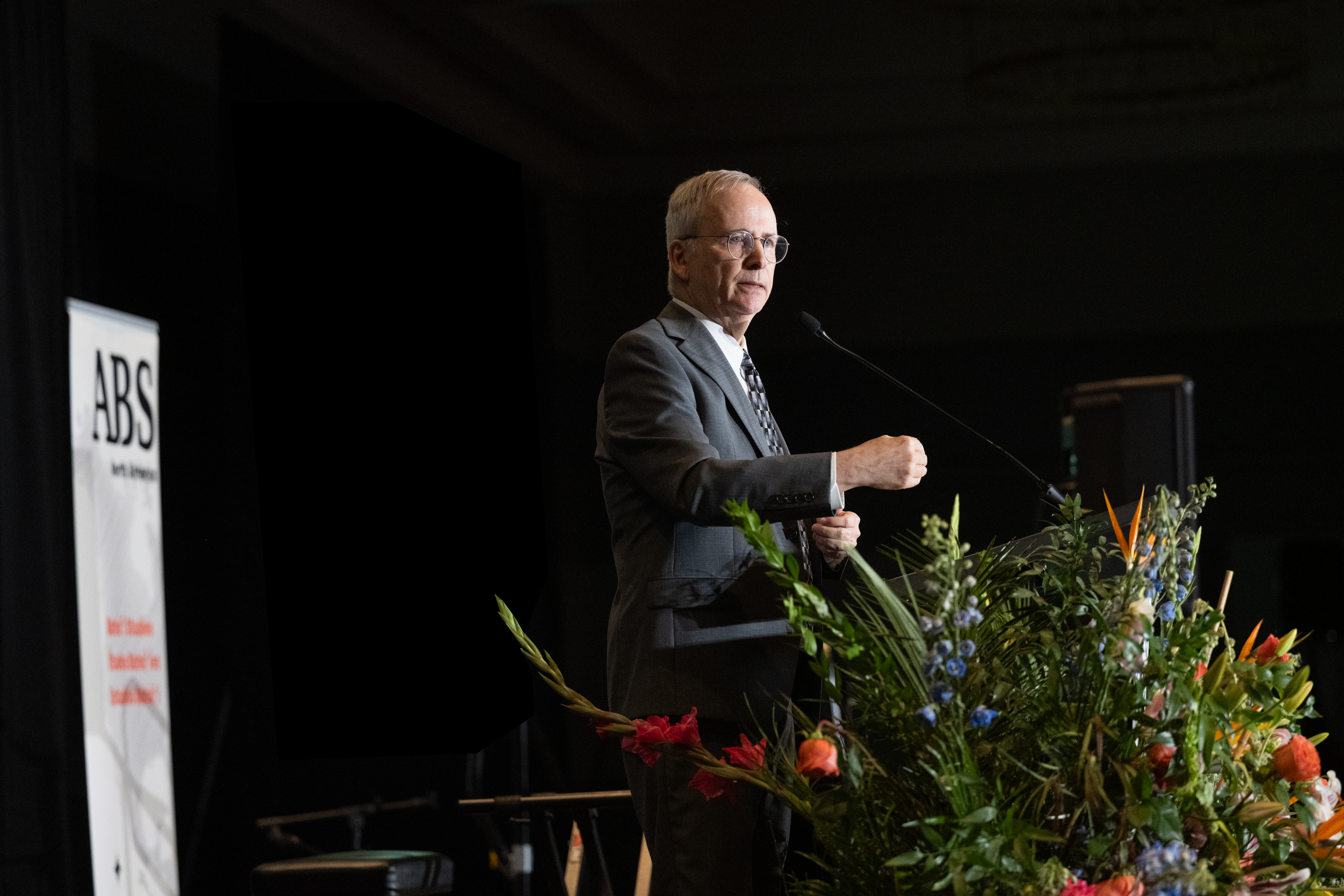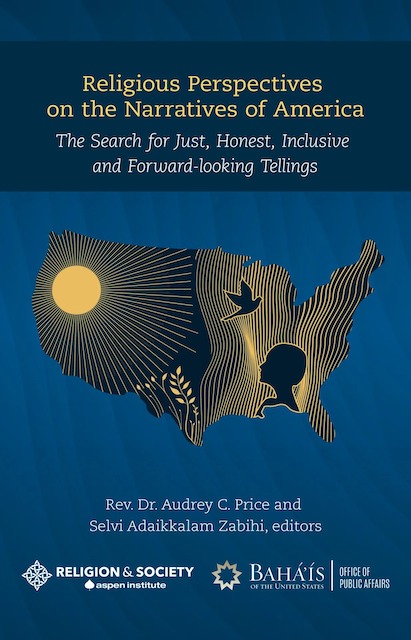
Sustaining social action: Three women draw from the Baha’i teachings
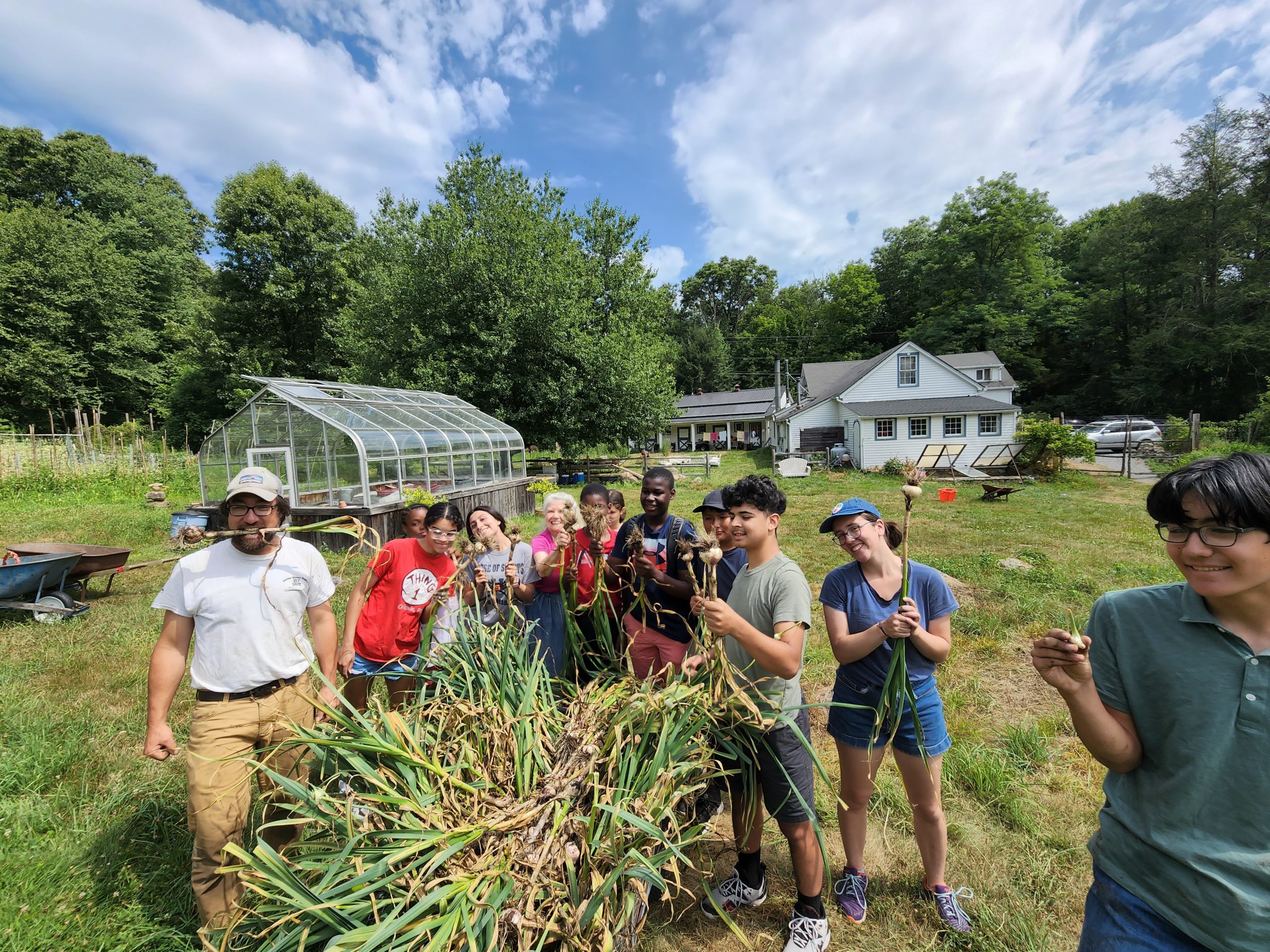
Three Baha’i women, Sahba Rohani, Syda Taylor and Ridvan Idara, are using their imaginations and Baha’u’llah’s Revelation to envision new possibilities in their communities
Along with collaborators they are helping to create a context for learning and sustained social action. Their actions are in harmony with guidance from the Universal House of Justice, the international governing council of the Baha’i Faith:
“[H]istorically and now, social action [initiatives have emerged] … as a result of individual Baha’is striving to contribute to society’s progress in ways available to them. … Projects, both large and small, have been started in order to respond to a range of social issues. Numerous Bahá’í-inspired organizations have been established by groups of individuals to work for many different objectives, and specialist entities have been founded to give attention to a particular discourse. All of these efforts, at whatever scale they have been undertaken, have benefited from being able to draw on the principles and insights guiding the activities occurring at the grassroots of the worldwide Bahá’í community.”
Rohani co-founded Roots ConnectED, a national organization that is working for school integration by assisting educators and schools to build community and create equitable practices. Organic Oneness is a Chicago-based non-profit organization founded by Taylor that focuses on grassroots social justice work centering on healing and wellness for the community. Idara directs New Era Creative Space, an educational enrichment organization that is utilizing arts and sciences to support the moral and intellectual development of the young people of Peekskill, New York.
Roots ConnectED
More than a decade before Roots ConnectED began, Rohani was a part of the founding staff of Community Roots, a Brooklyn-based charter school that is racially and economically diverse. While she wasn’t clear if lifelong teaching was her path Rohani says, “I knew that I wanted to do something in education and connected to what I then called community development.” Several years later, Rohani took on the position of director of community development at Community Roots.
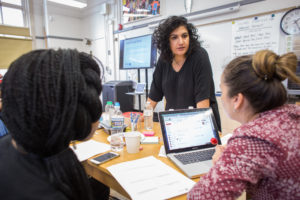
Rohani says, “My whole role was: how do we build community across lines of racial and economic difference and what does that mean in terms of the curriculum? What does that mean in terms of staff development? What does that mean in terms of engaging families?” As a Baha’i, Rohani envisioned how the Faith’s teachings could be applied in this groundbreaking work.
Using “love as action” and thinking about “consultation, action, planning, and reflection were so much a part of just my own lens and my own thinking,” Rohani says. Those elements would contribute to the work towards personal and collective transformation taking place at Community Roots school.
The visionary work that Community Roots was doing began to attract attention from all around and coincided with an important racial awakening taking place in the country. Rohani says, “After about seven years or so in that role, a national conversation in America started to rise, or re-rise I should say, around school desegregation. There were policies being put in place to desegregate schools but no one was talking about what happens when you get the kids in the building. That was the practice we were doing.” Many educators across the country were looking to replicate Community Roots in other places. However, the leadership knew that no two communities were the same and each would require its own process of learning.
The question became, “How do we create structural and institutional practices which allow for schools to be truly integrated?” Utilizing her years of experience and her belief that children deserve just and equitable classrooms, Rohani worked with others to form Roots ConnectED in 2017 to address these needs. Roots ConnectED offers coaching, 1-3 day institutes, educator workshops, and family workshops focused on developing integrated and inclusive communities What began as the “professional development arm of CommunityRoots” eventually evolved into an independent non-profit organization in 2019.
“The practices of anti-bias education that we’ve developed are applicable in classrooms that are not just racially and economically diverse, but any classrooms that have diversity, which is literally any classroom when you think about the different identifiers that we walk through the world with,” Rohani says.
Community Roots continues to serve as the learning site for Roots ConnectED, in part so that learning can continue and “develop capacity in other places.” This year alone, Roots ConnectED has supported about 5,000 educators and over 100,000 students by providing coaching in anti-bias education, reimagining school curricula, and helping to deepen community practices. With a long-term vision of growth in mind, Rohani says, “Our heart and soul is still very, very connected to school integration.” https://www.rootsconnected.org/
Organic Oneness
Like Roots ConnectED, Organic Oneness is also engaged in a long-term process of learning, particularly within Chicago, where Syda Taylor was born and raised. Taylor says the question her non-profit organization Organic Oneness challenges itself with is, “Are you really going to change the system that is making all of this other stuff happen that is not equitable?”
In 2003, Taylor and her husband, Kelsey, moved to the Bronzeville neighborhood on the south side of Chicago. The local Baha’is identified the area as a place ripe for increased community building.
At the time, Bronzeville didn’t have many Baha’is living there, but Taylor’s work allowed her to be of service in various important ways. Through the guidance and referral of many mentors, Taylor learned “the inner workings of non-profits and became well-acquainted with the landscape of Chicago ” in different sectors such as housing and education.
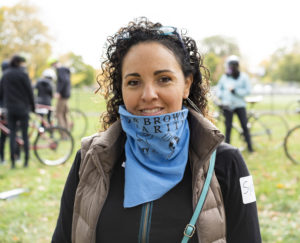
Through her extensive involvement, Taylor became a part of community conversations. Taylor says, “There are town hall meetings that the alderman puts together, there are community action councils about the education and the schools in the area, and so I joined all of that and we started putting things together.”
Getting involved allowed Taylor to better read the reality and acutely identify the needs of her community, particularly concerning neighborhood violence and the trauma it perpetuates. Taylor recognized the complexity of the undertaking and called on a network of experts to help address these issues.
One of her collaborators, Joy DeGruy, a Baha’i who is an author and social science scholar specializing in educating people on healing from racial trauma. Taylor hosts DeGruy’s “Be the Healing” workshops and trainings in Chicago in the areas of intergenerational/historical trauma, mental health and social justice.
Eventually, Taylor’s projects grew and she launched Organic Oneness in 2020 at the start of the pandemic. The organization brought in four staff members along with a board of directors and a growing number of community volunteers.
In addition to an annual Be The Healing Conference and a Martin Luther King Jr. Day of Service, Organic Oneness aims to support individuals’ healing and wellness, particularly in Black and Brown communities, with an awareness of the organic connection to the surrounding environment.
Using a spirit of consultation central to Baha’i community life, Taylor says, “I really don’t create anything new.” She investigates what’s already happening in the community. “What’s stirring up? What is needed? And then we create something together.”
Community members see themselves as a part of the process.Taylor says, “It’s really beautiful because each time people come back to plan, but even people who were just part of the end result of attending, now they want to become a part of the planning.”
Inspired by the Baha’i teachings, Organic Oneness aims to see every individual as a protagonist “and recognize everyone equally with what they’re able to contribute.”
The question of “What does it mean to be Baha’i-inspired?” is an ongoing point of reflection that Organic Oneness continues to learn about. A defining feature of the organization is a systematic learning cycle of reflection, learning, planning and acting.
Taylor says that “Baha’is are great at reflecting and learning” and that many of the community members excel in “planning and acting.” Together, everyone’s capacity is built to engage in a dynamic process of growth.
New Era Creative Space
The inspiration for New Era Creative Space began in 2006. Ridvan Idara says, “Before we were New Era, we were actually a theater company. And that theater company was inspired by Children’s Theater Company in New York City.”
Children’s Theater Company is a Baha’i-inspired organization founded by Mehr Mansuri and works to aid young people to “build character on stage.” Idara says, “I decided to collaborate with Mehr, and a similar children’s theater of Peekskill came into existence.”
Idara was an occupational therapist by profession but she says, “these days, all the knowledge about childhood development and mental health and all the stuff I’ve learned over the years through being an occupational therapist I actually use in my work as a Director [New Era Creative Space] that I founded in 2013.”
Idara and her family live in Peekskill, a city in Westchester County, New York. “I wanted my kids to grow up around people of color, and most of Westchester is white and Peekskill is pretty diverse,” Idara says.
While Idara and her family value the diversity of the city, it became apparent that in regards to education, “there’s a lot of need in our community.” Idara says, “There was this longing to start something — create a program that is very much focused on the arts and also in moral leadership, in building moral capacity.”
In 2013 Idara began New Era Creative Space which is “working on inspiring the next generation of visionary thinkers.” At the heart of the organization, Idara says, “we’re really trying to safeguard the nobility of each individual child because one of [the Baha’i Faith’s]values is nobility, right? So we try to safeguard that in how we work with kids.”
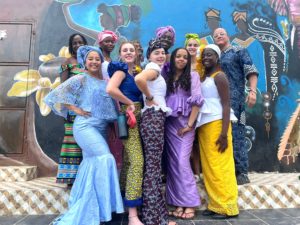
Like Organic Oneness and Roots ConnectED, New Era Creative Space is also concerned with long-term systemic changes. Idara says “New Era Creative Space is really a playground or a testing-ground. How do we create systems? How do we create an educational system for spiritual principles?”
Similar to the CommunityRoots charter school in Brooklyn, New York, New Era Creative Space aims to be a learning site for the possibilities of community-based education in diverse communities. Engaged in a long-term process of growth and learning, Idara recognizes that many people may not embark on social action endeavors such as this because the work is “pretty daunting.”
While the work may be daunting, New Era Creative Space is seeing firsthand the profound spiritual effect that the art has on the intellectual and moral development of young people. Idara says, “it connects the hearts when they sing, when they do spoken word, when they act… it really connects us on a soul-level.”
Idara tells the story of a past student of New Era Creative Space who was so affected by her experience in the organization that she went on to university and came back to now be an educator with New Era. Idara says, “Doing these plays and musicals that we do about the history of this country, they’re learning their history in such a powerful and magnetic way. You know it just stays in their memories.”


